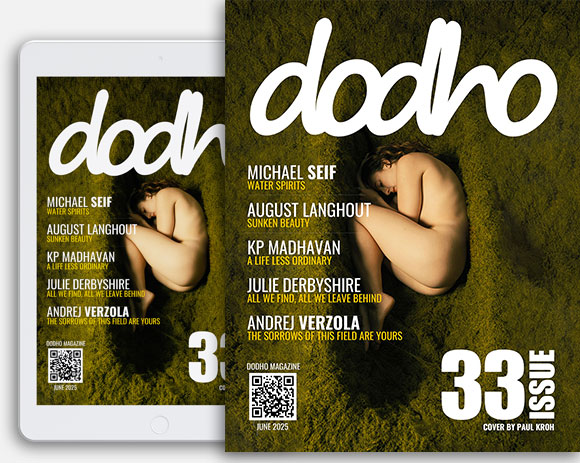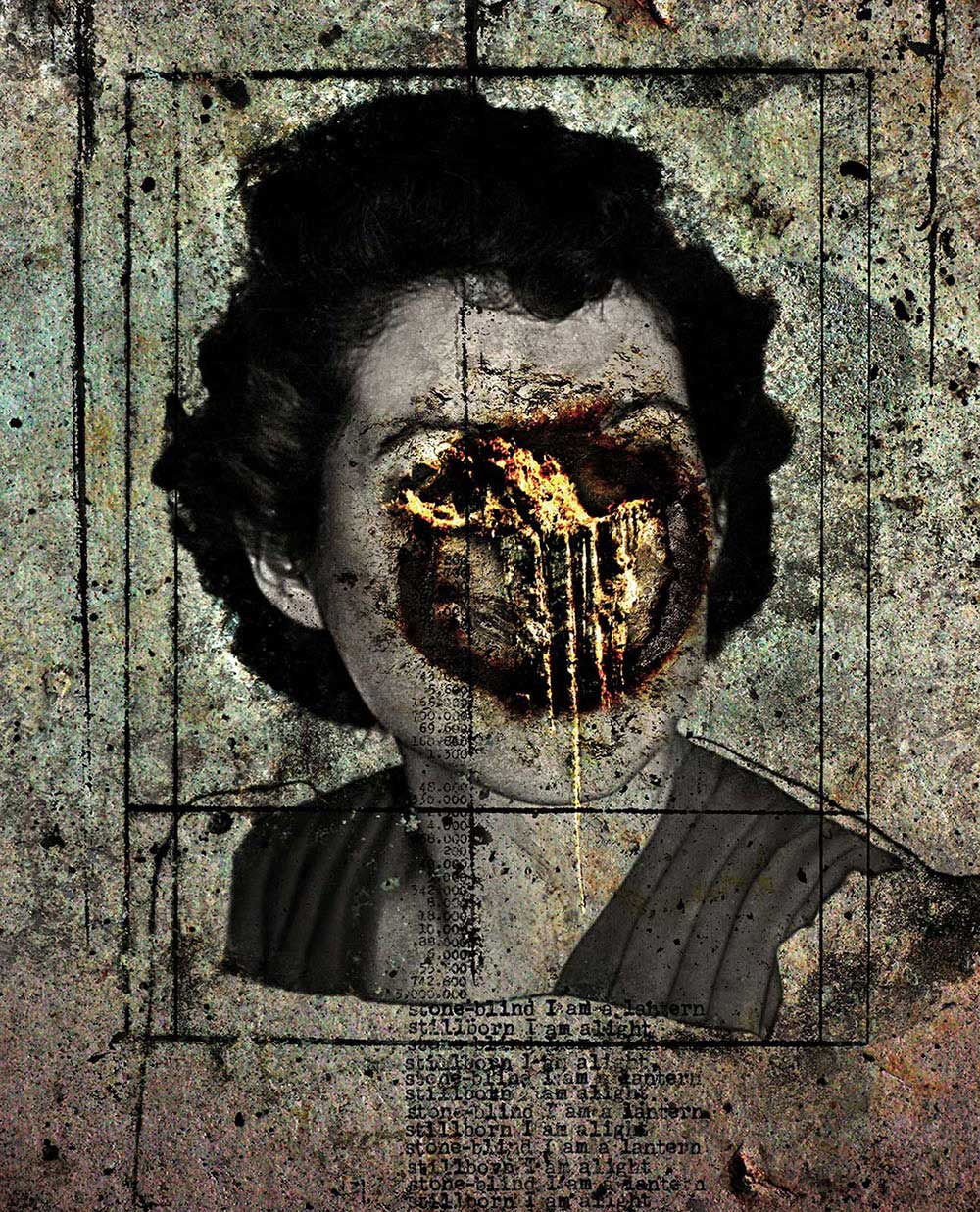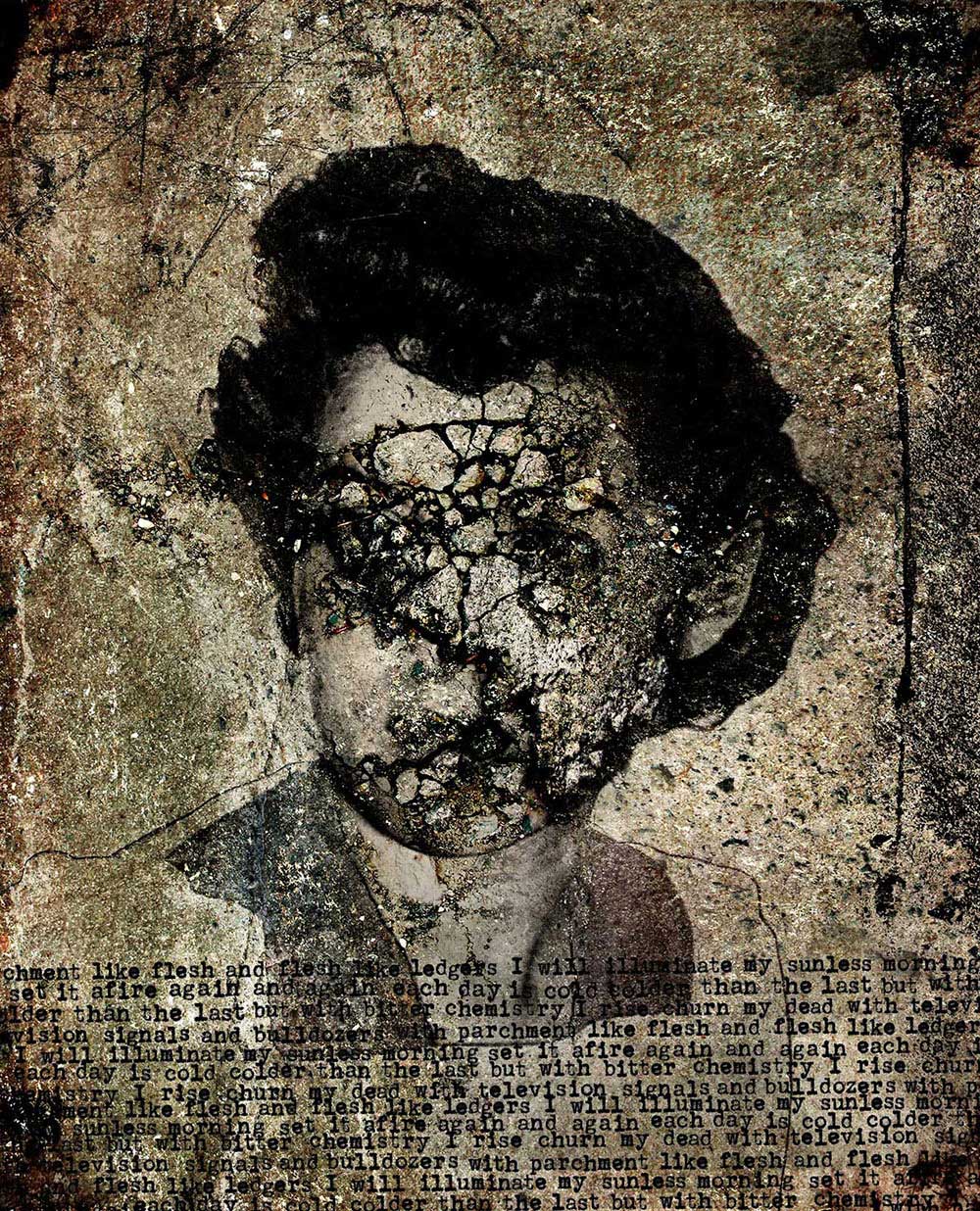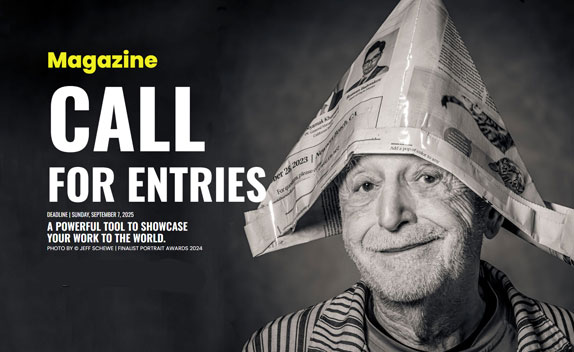These images are part of what I’ve called an “alternative family album.” With one exception, I constructed each work using vernacular photographs from archives discovered after my parents’ deaths.
The first four images come from the series Frances. They’re based on small snapshots of my mother taken in 1942, the photographer unknown. Incorporated into each image is text from varying sources. These include literary quotations and my own writings — referencing her struggles with the trauma and my experience of life with her — as well as 1942 Nazi documents about the Holocaust, a catastrophe seminal for her family.
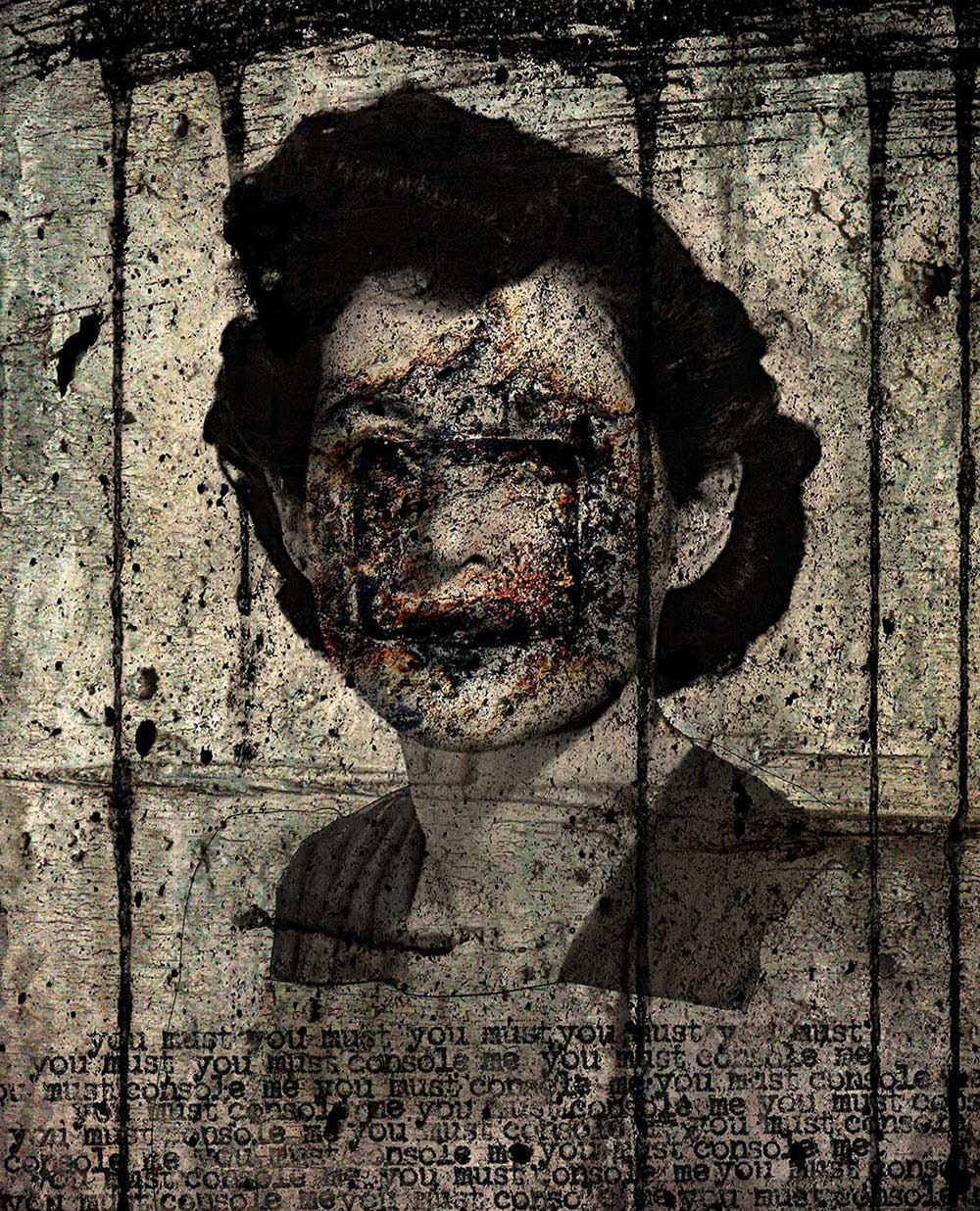
The next four images come from the series Joseph, each constructed from photographs of my father at different stages of life beginning at age three to his death in 88. Save for the deathbed image, each picture includes phrases written in my father’s shaky hand as he lay dying, unable to speak. Cryptic, banal, or both, these are his last words.
A small photo shot by my father in 1952 is the foundation of the parade for the blind. Wounded veterans march in London as my mother stands, second from the left, staring into the lens.
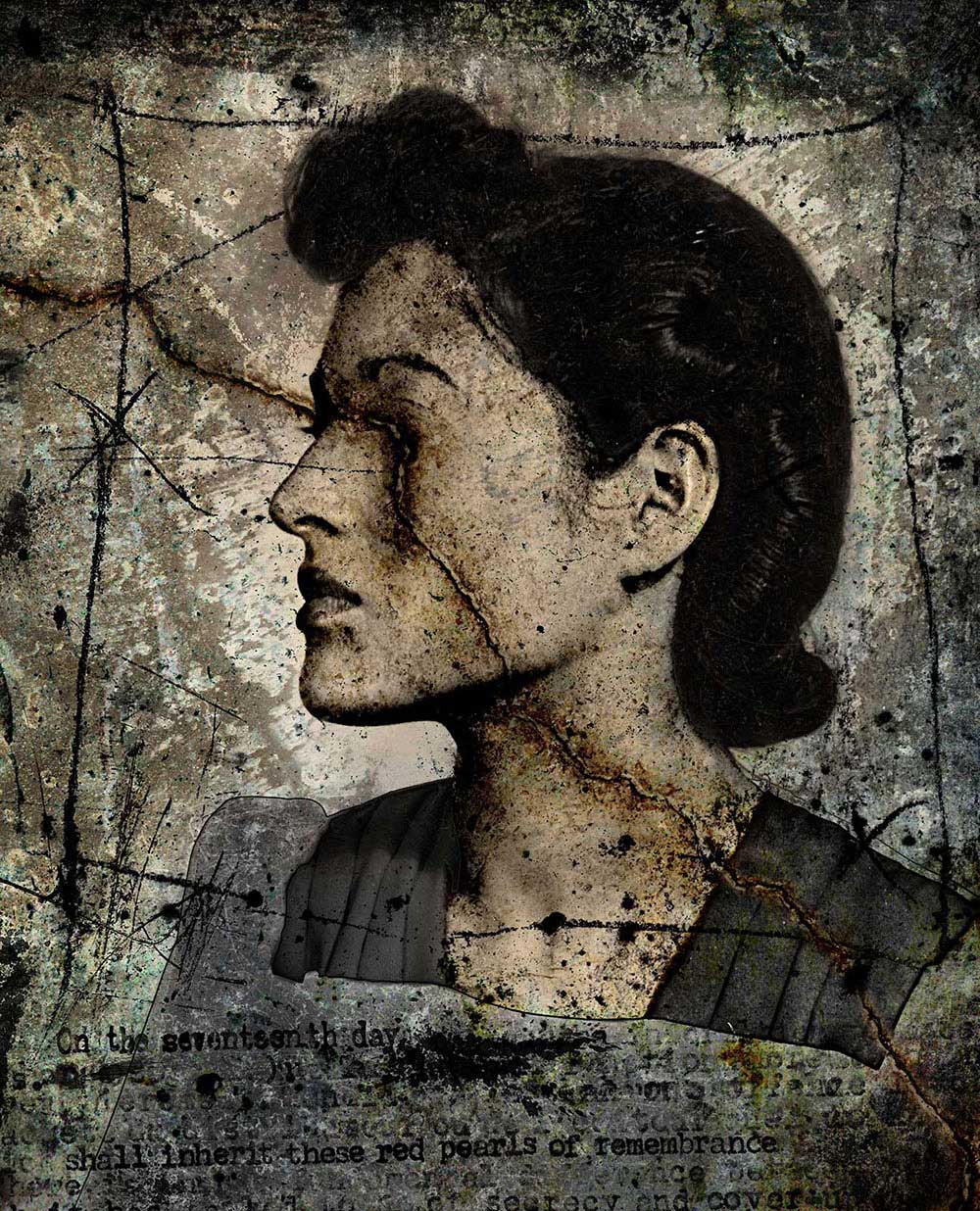
The final four images are of me. After my parents died, I found a set of snapshots showing me as a three year old boy, standing naked in a bathtub. I used these to make the series everything will be forgotten. vElsewhere I’ve called these pictures a hallucinatory memoir because each speak to the miasma that is memory and the impossibility of truly knowing other beings — including oneself — especially in the context of pain. But as I’ve also said, if these are hallucinations, then perhaps they’re the kind Céline spoke of: constructions — some shining, some terrible — but in the end more real than everyday life.
The human mind continues to be one of the most uncharted frontiers of all. From his beginnings as a photographer, Frank Rodick has consistently explored this terrain, breaching the crenellations of the cerebral cortex to probe the limbic system, where our animal selves hunker.
— Katherine Ware, Curator of Photography, New Mexico Museum of Art
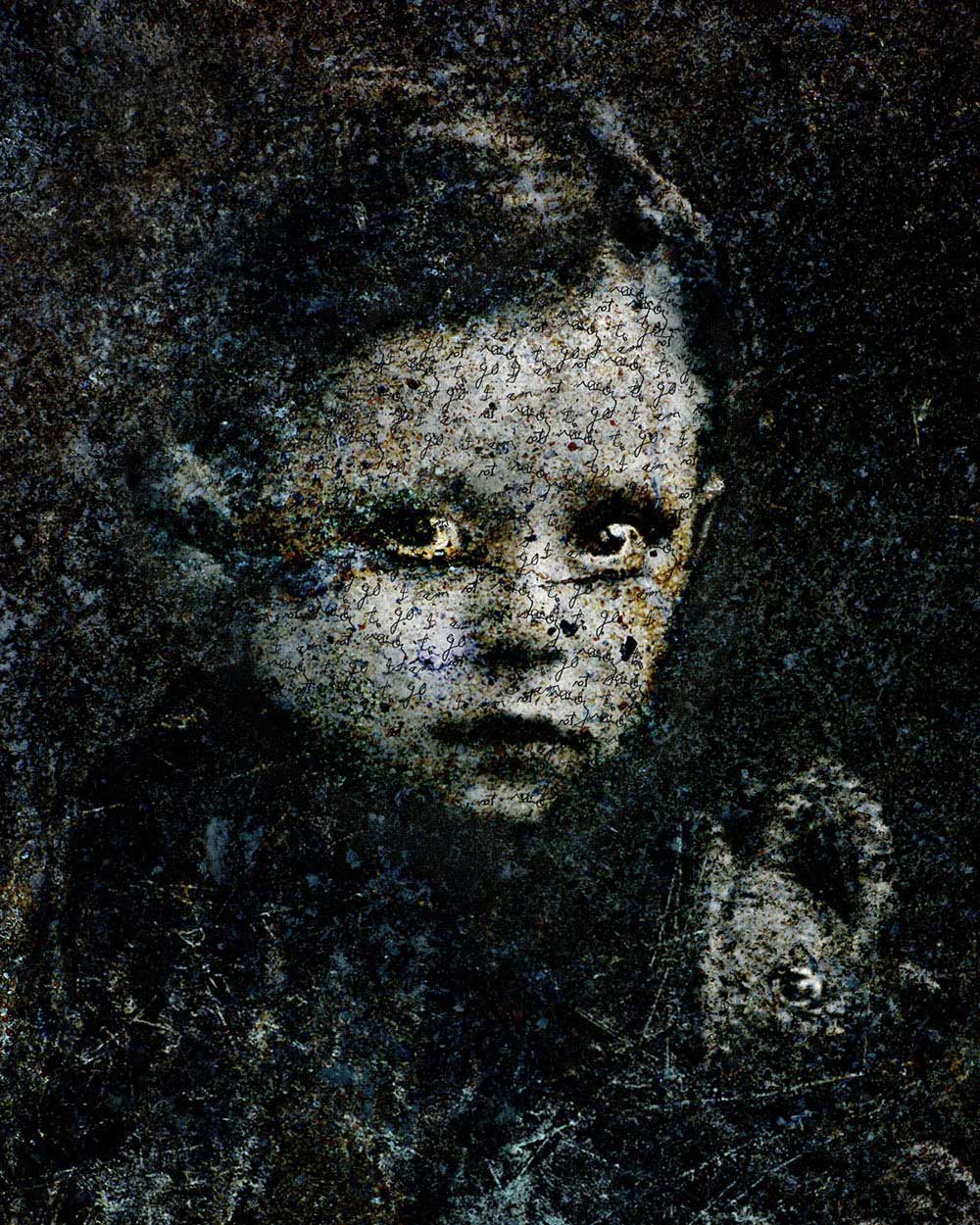
2016
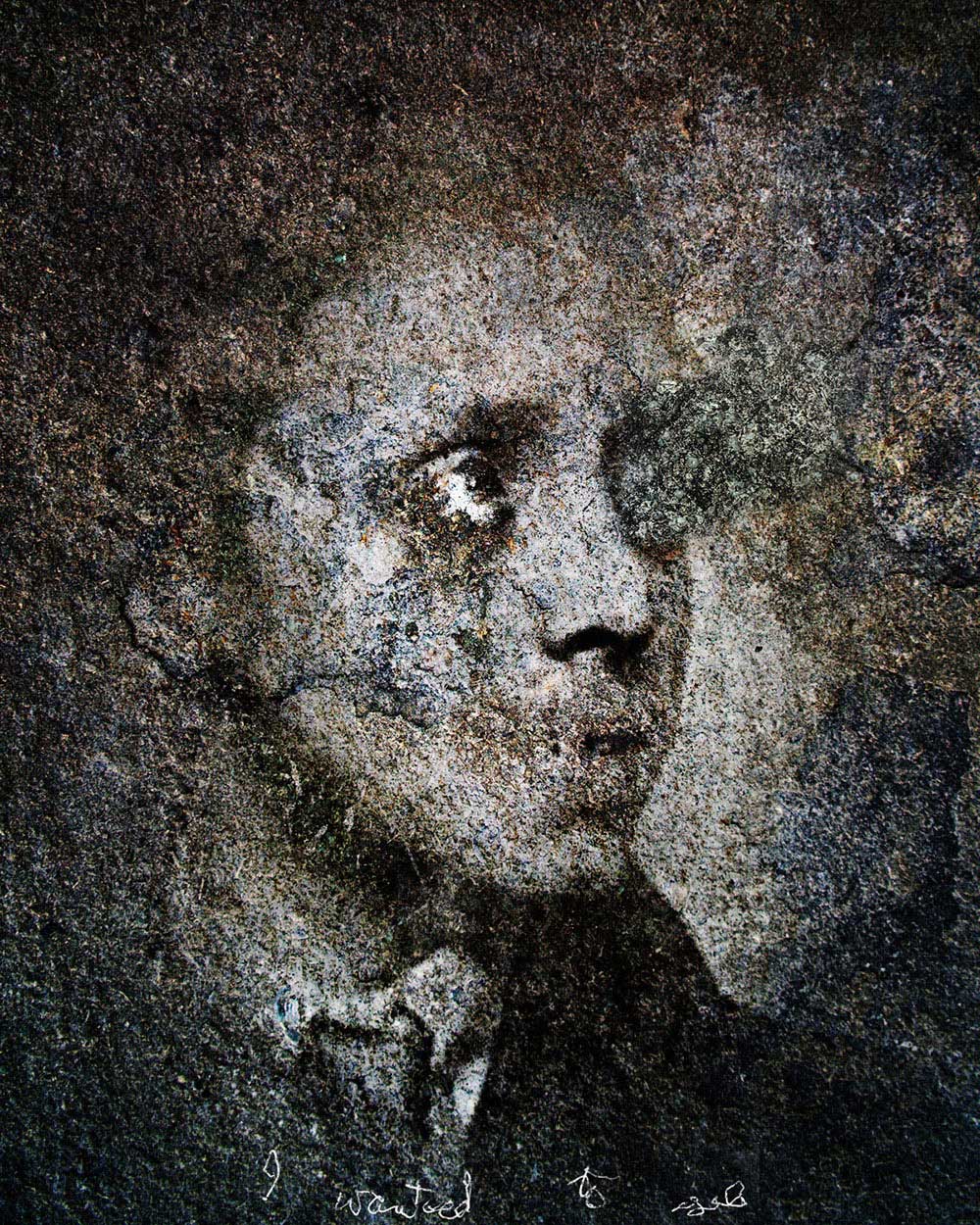
2016
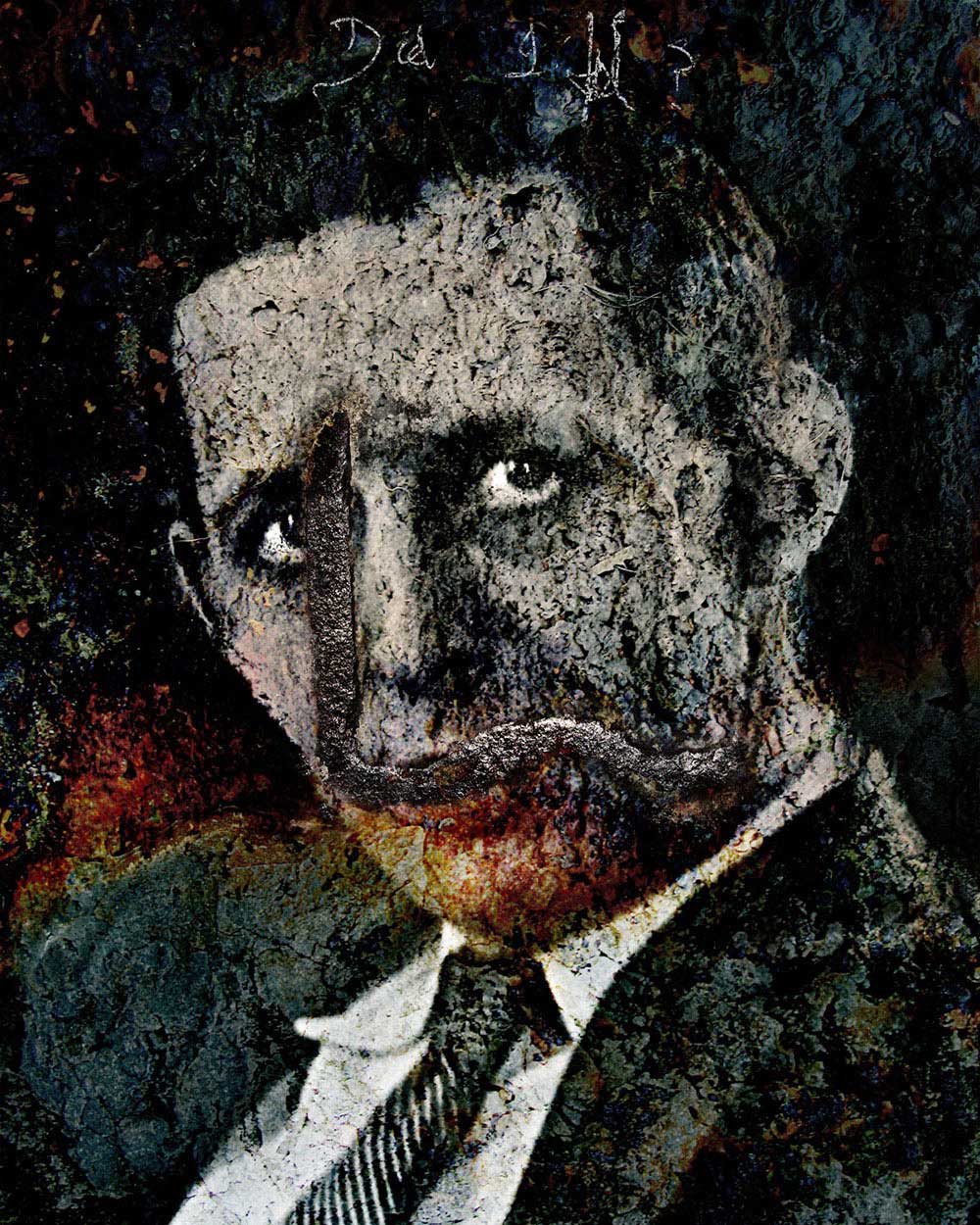
2016
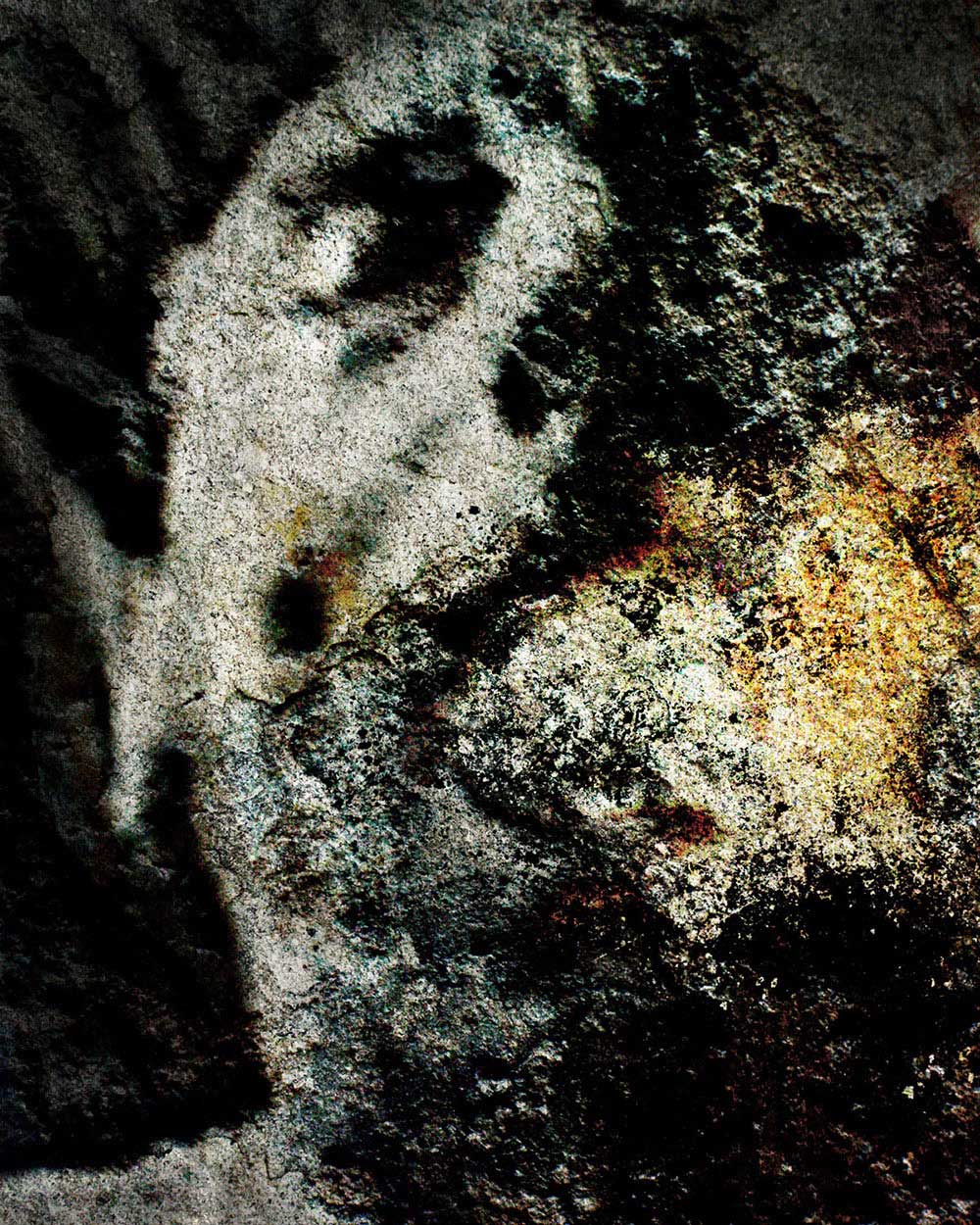
2016
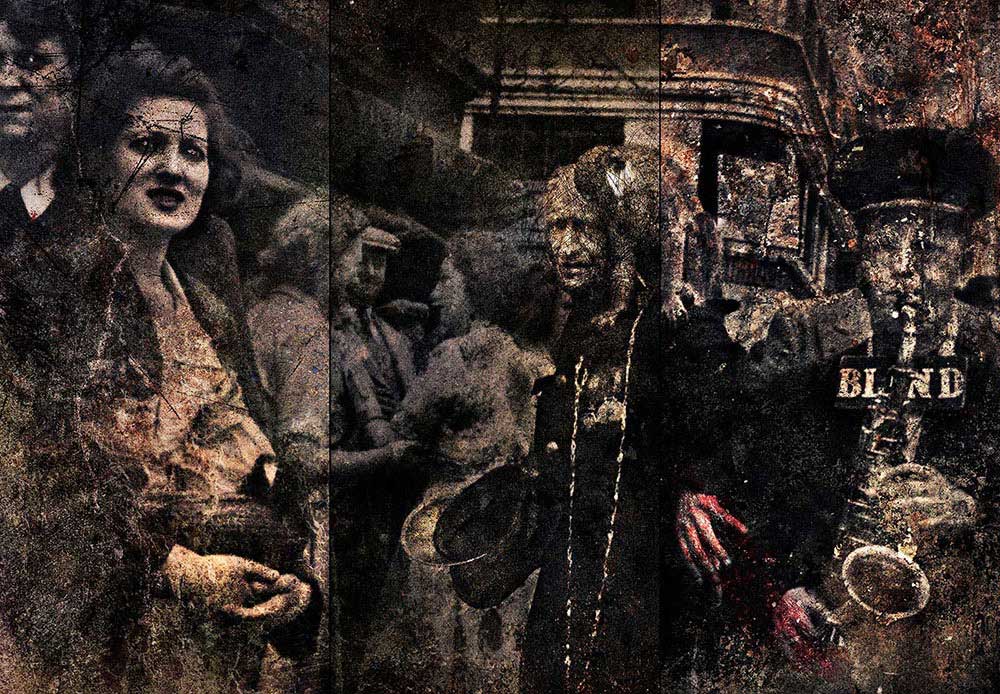
2014
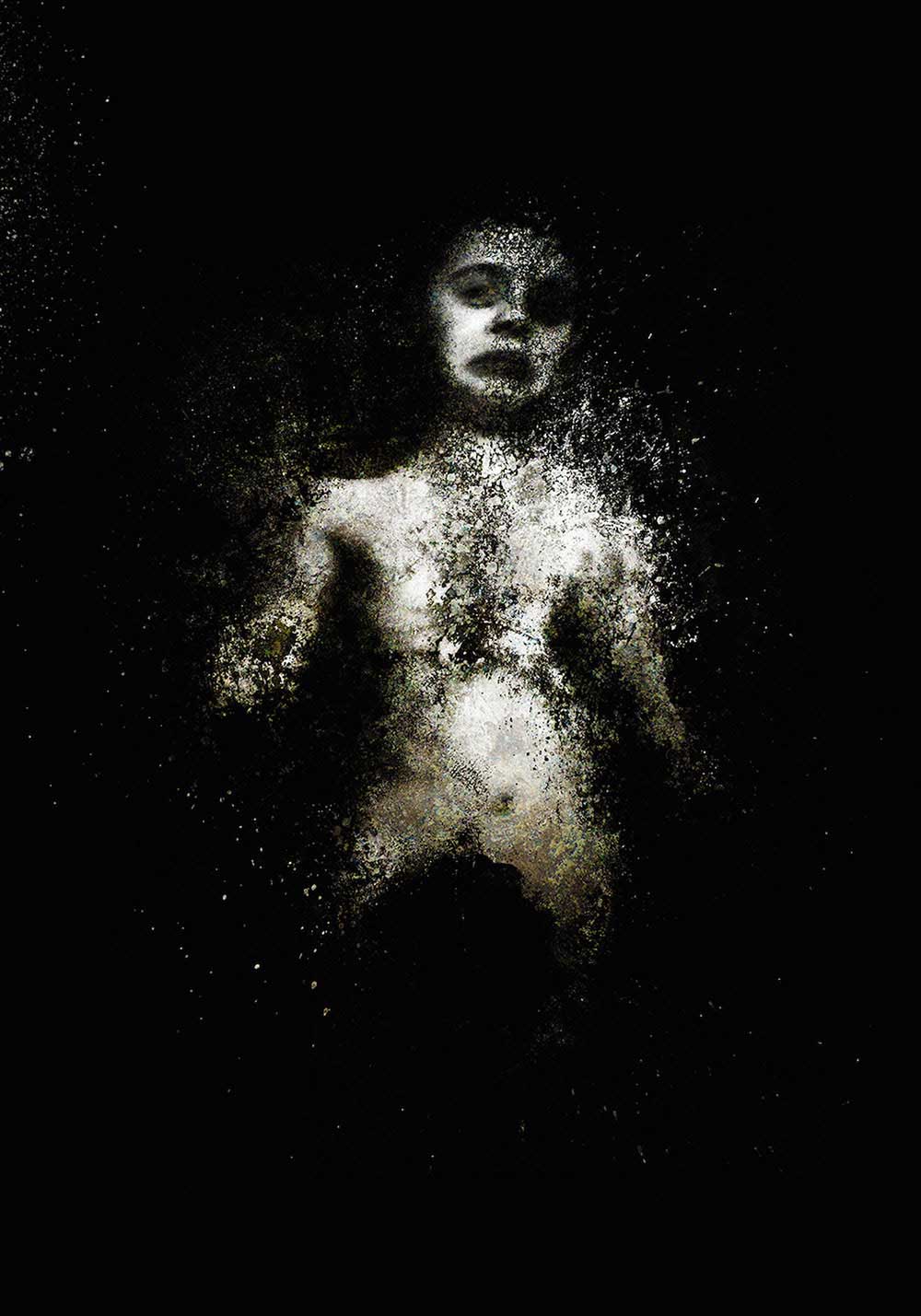
2014
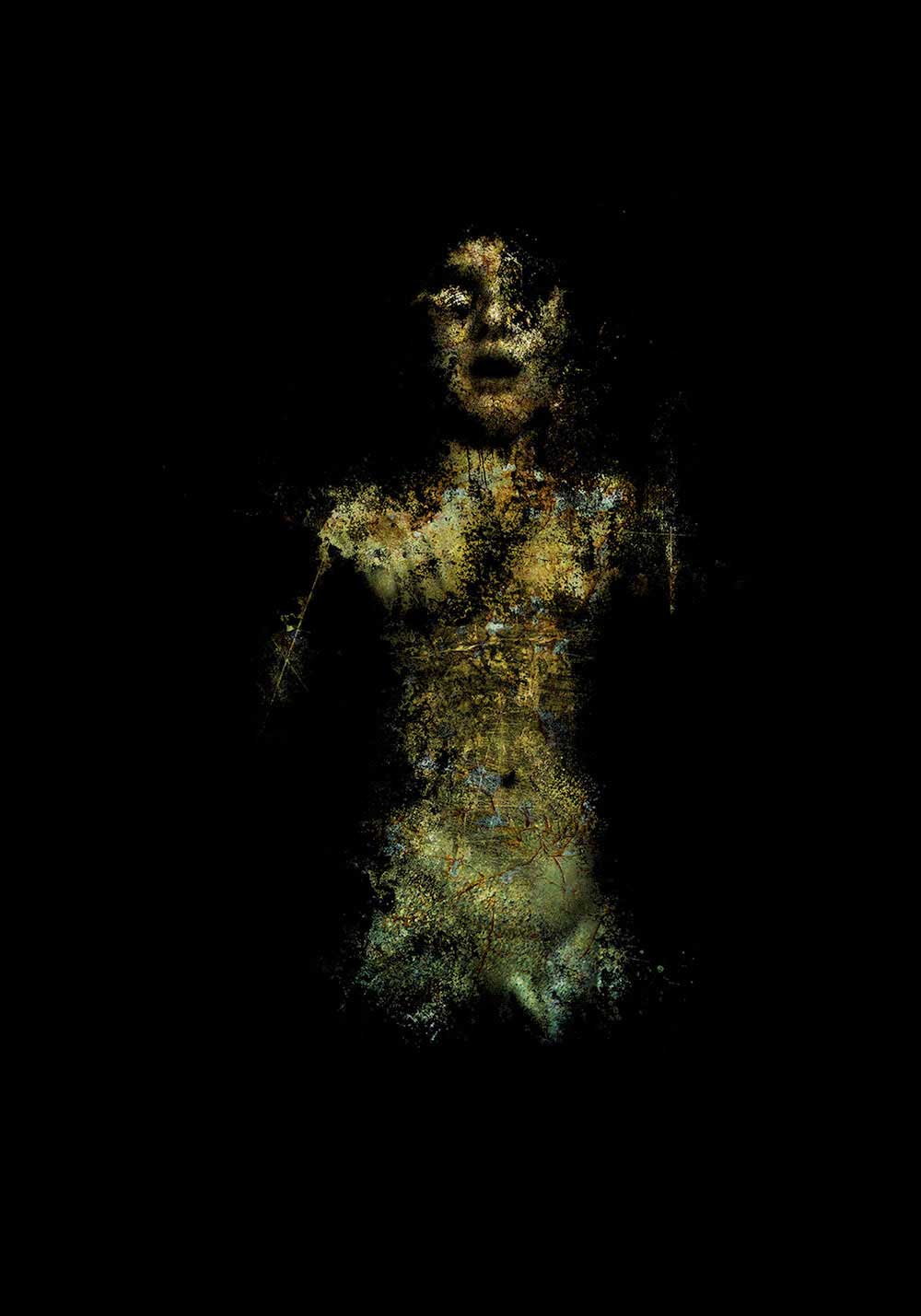
2014
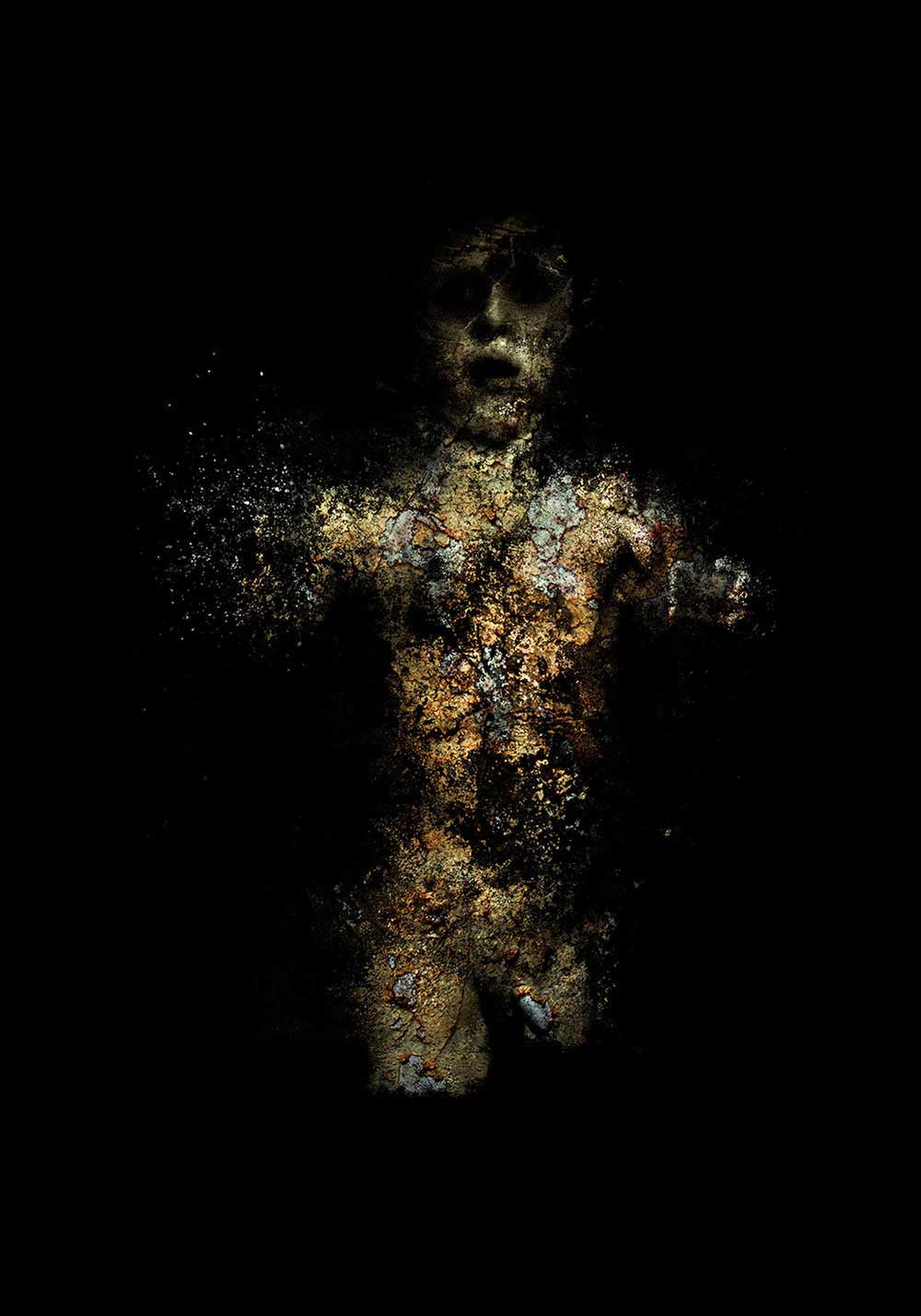
2014
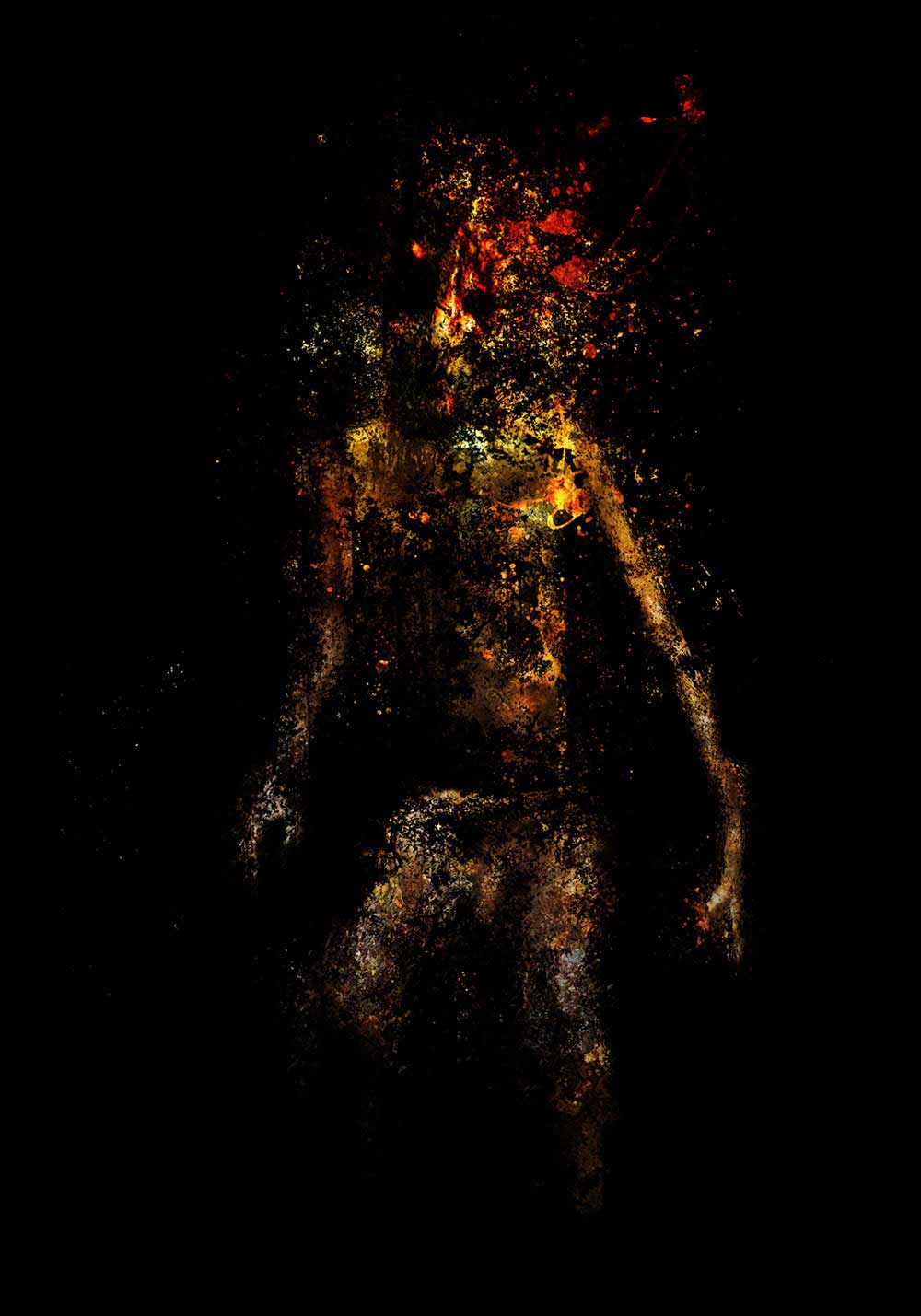
2015


